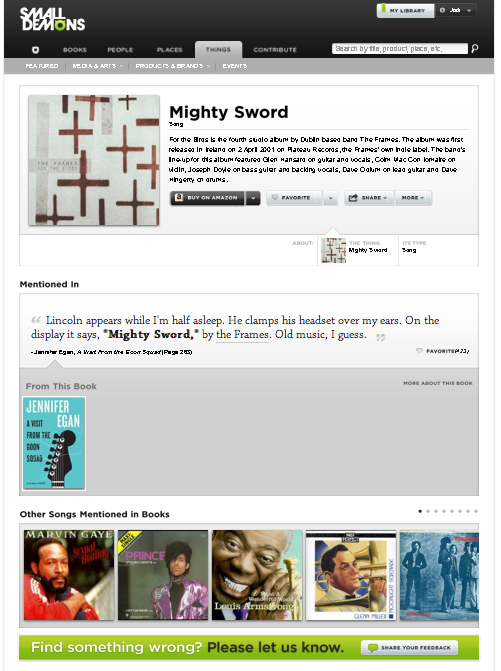Here are the slides from the public part of my Ph.D. viva (thesis defense), on “Enabling reuse of arguments and opinions in open collaboration systems”. There is also a downloadable PDF version of the slides. Or see the thesis/dissertation itself and its data (index page) (note added 2016-04-22).
Video to follow: thanks to Hugo Hromic for streaming & recording that!
Title: “Enabling reuse of arguments and opinions in open collaboration systems”
Abstract: The World Wide Web enables large-scale collaboration, even between groups of individuals previously unknown to one another. These collaborations produce tangible outputs, such as encyclopedias (Wikipedia), electronic books (Distributed Proofreaders), maps (OpenStreetMap) and open source software packages (Firefox). In such open collaboration systems, decisions are made through open online discussions in which anyone can participate, and those decisions are based on the written arguments and opinions that individuals contribute, sometimes in large volumes.
Sense-making and coordination is an important component of collaboration, but it is particularly challenging when individuals disagree. When large volumes of opinions and arguments are expressed, popular or emotive choices can be identified through coarse approaches such as sampling, sentiment, or voting. But these do not identify the reasons for disagreement, which may be needed in order to reach decisions. For example, about 500 discussions each week in Wikipedia concern whether a particular topic should be covered in the encyclopedia. Discussions may involve comments from 2-200 people, and some topics are contentious.
This thesis addresses the problem of analyzing, integrating, and reconciling arguments and opinions in goal-oriented online discussions. We emphasize the structure of arguments by providing a new, reconfigurable Web interface. Our interface improves the perceived usefulness, perceived ease of use, and information completeness, thus providing meaningful support for the discussion.
The thesis addresses the following three research questions:
– What are the opportunities and requirements for providing argumentation support?
– Which arguments are used in open collaboration systems?
– How can we structure and display opinions and arguments to support their use and reuse?

